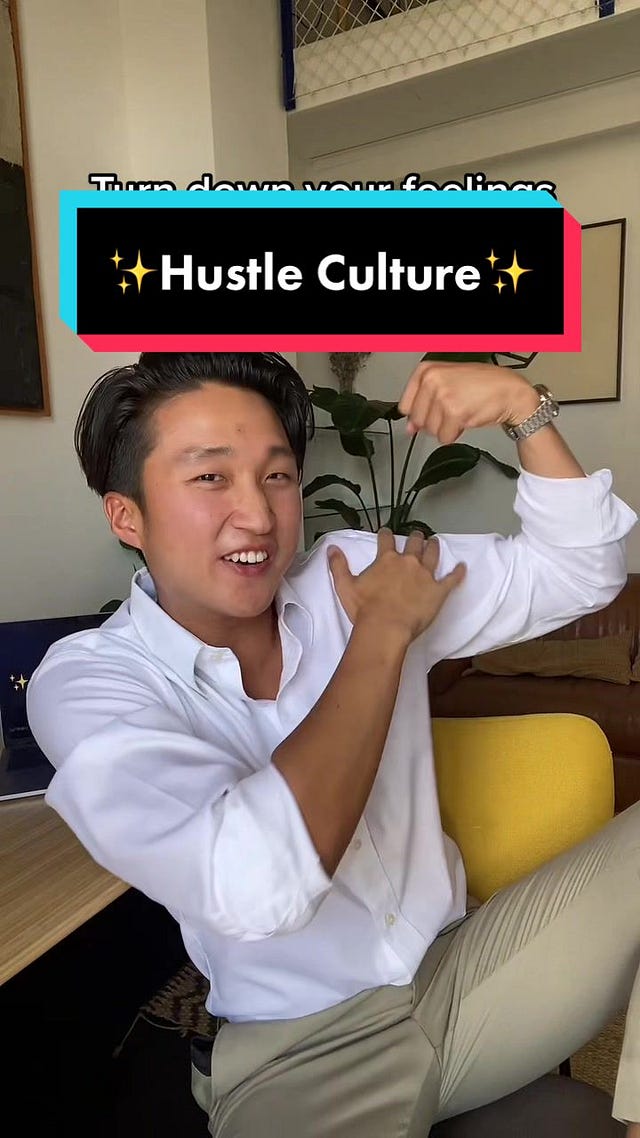In the “Going Pro” chapter of the This Creative Life book, I made a list of characteristics and habits of a professional writer (by which I mean thinking like a pro, whether you’re published or not). One entry on that list is about accepting limitations.
Contrary to what the special brand of hustle culture in these times may try to make you believe, we all have them. We each have varying levels of energy, mental health, physical health, and resources like money and time.
I used to be one of those people who bought into the “I have the same 24 hours as everyone else” line by way of shaming myself for not getting more done. I’d see a writer around my age and stage produce work five times as quickly as I do, while also working out and taking trips and doing home projects, and feel like a lazy failure.
Well, that “same 24 hours” thing is nonsense, because we’re not machines. Saying that the same amount of time across a huge variety of humans should produce similar results in output is akin to the diet culture idea that everyone should function fine on the same set number of calories as everyone else, which we know is also nonsense.
Some humans are naturally go-go-go and thrive on six hours of sleep and keeping busy. Some…don’t. I’ve always been in the latter category. I’m not a high-energy person, I’m in need of lots of down/alone time, and I live with a chronic illness. I do best on eight-to-nine hours of good sleep, which I have to protect. I need transition days on both ends of any trip, even a short one.
The older I get, the more I feel these limitations. And even though I’m ostensibly a “full-time writer,” if I get 90-120 minutes of good writing time done in a day, I’m very happy. I try not to think about the people I know who are putting in eight-hour days; my 90 minutes are enough, given my limitations.
Whatever your natural energy and ability levels are, the times we’re living through may have created new limitations for you where you didn’t feel them before. Collective and individual trauma is tiring, anxiety is distracting, depression is a drain. Most of us have been operating with our needle in the red for some time now.
In a broader sense, most of the technology we use every day is designed to treat us like machines, or—on the bleakest version of this timeline—make personhood merely abstract. We’ve been reduced on many fronts to data points to be used in the service of buying and selling products.
There are moments in the life of a writer where you really feel that. The way we find ourselves sometimes feeling desperate to gather the crumbs of attention (from book buyers, readers, agents, editors, etc.) is dehumanizing, especially when so many aspects of life we once took for granted seem to be crumbling around us. Yet we don’t really know another way.
Under these conditions, having limitations feels very inconvenient. But we do all have them. While it’s a normal part of life to sometimes ignore our limitations in the interest of pushing through to the end of a project or meeting a deadline, regularly ignoring them is what leads to burnout, exhaustion, resentment, and a generally scorched internal landscape.
Have you ever tried writing from that scorched landscape? I bet you have. I know I have. I feel like I reach that point several times a year, and it’s usually not about the amount of writing I’m doing. It’s about that other stuff—the hustle and grind, the demands of the algorithms, the vocabulary of “engagement” and “analytics” forced on us by corporations who don’t care about our individual souls or wellbeing even though they have a bottomless need for our “content.”
Whew! Where was I…
Limitations. Accept that you have them, figure out what they are, and respect them as much as is reasonably possible in your reality. Try to avoid comparison. Remember you aren’t a machine and that creative writing isn’t an equation or piece of code.
Another thing you can do is make yourself an “I don’t have to” list. Try to radically question your existing “have to” stuff, and you may find yourself moving it over to the “don’t have to” column, whether that’s having or maintaining a social media presence (I like to spend the summer months taking a step back), reading a book everyone is talking about even if it doesn’t sound interesting to you (respect your taste and time), or grieving traumatic national events in public unless you find it helpful (your feelings are real either way).
And think about exploring this question:
🕶️ The pool at our condo opened on Saturday, and I am ready for my reading to reflect that, starting with Katie Cotugno’s Birds of California. Katie was on episode 55 of the pod if you missed it.
🎥 When I’m trying to water that parched inner landscape, I like to watch documentaries about writers, directors, musicians, dancers, etc. On Sunday, I watched De Palma on Kanopy. Brian De Palma is problematic fave of mine, and I loved the deep dive into his view on his own body of work. You can find a lot of great stuff on American Masters.
💉 Speaking of my chronic illness, a fellow type 1 that I follow on diabetesgram just launched a web comic/graphic novel series here on Substack. I love the idea of taking something that you’d really rather not have to live with and making it art in a very direct way. I’m always thinking about turning my experience with this disease into some kind of writing, but am not sure what form it will take.
This Creative Life is a book, a newsletter, and a podcast from me, Sara Zarr, about reading between the lines of the writing life. The newsletter and podcast are free; buying the book helps support them and me. You can also make one-time contributions if you like. Check out the options under Support at thiscreative.life. Sharing the newsletter is also a great way to keep it going!









I needed to hear this today. I love the way you always bring it back down to reality in the over-hyped world. I feel like I’ve never had the ability to participate in that part of our culture and you articulate the issues I have with it so well. Even better, you inspire me to try and write about my own particular aspirations to do less.